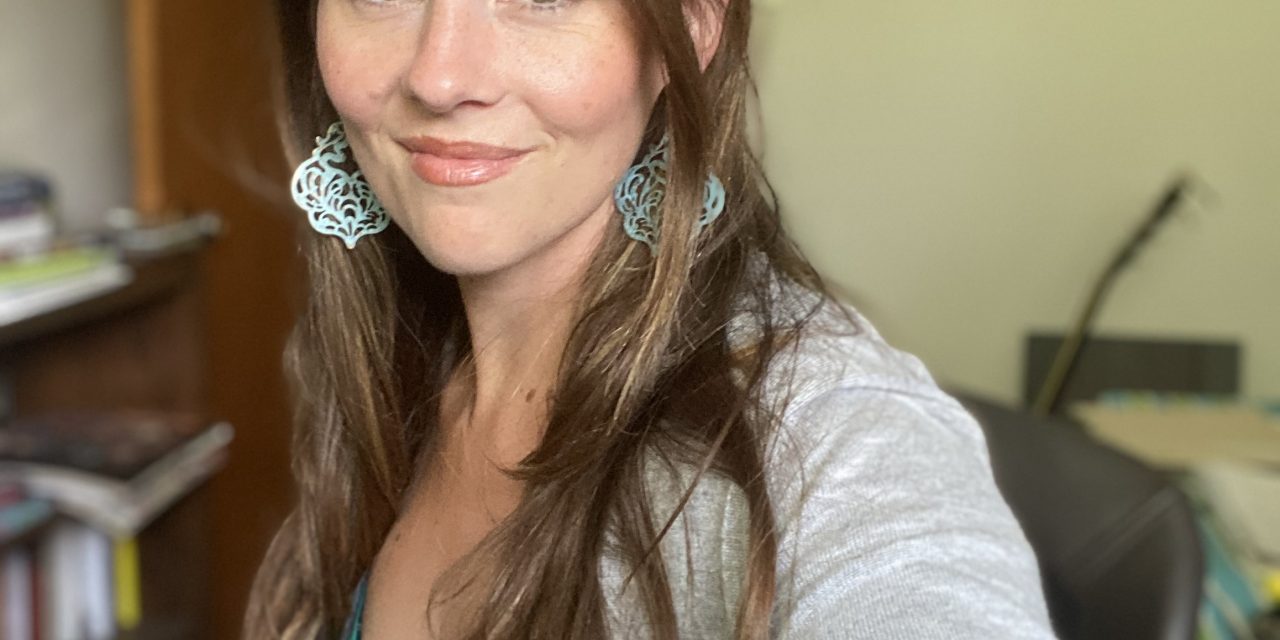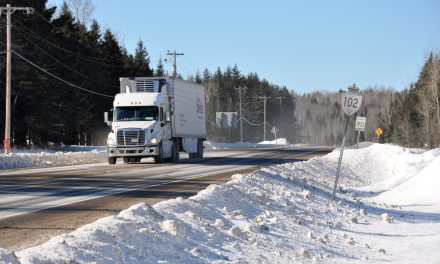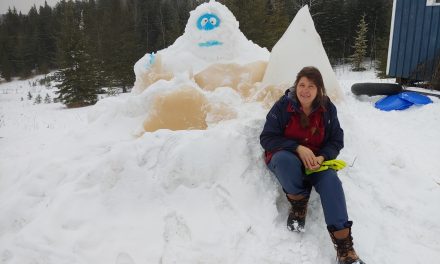Surviving a COVID Winter
By Linda Kelly, MSW, RSW; CEO, Kelly Mental Health
Most of us are doing our best using masks, respecting each other, being extra patient in the checkout line, and taking our time to carefully plan what used to be easy. But now we’re faced with changing weather and the onset of winter. Some of us love the holidays, gorgeous scenery, and soft snow blanketing the trees. But for the rest of us, it’s “hey, seasonal depression! Meet my regular depression, and my new COVID depression.”
Many changes are happening before our eyes every day, and there’s a lot of grief for us to process with all the things we have lost. It’s unavoidable. So here’s my advice, as a mental health specialist, to all of us on surviving a COVID winter.
A well-functioning body leads to a calm mind. If your physical body is cared for, it’s easier to handle everything else. Make a habit of exposing some skin to the sun by taking lunch outdoors. Somewhere in between the dark of morning and evening, there is the most energizing sunlight that creates positive hormonal changes in our bodies and invites a sense of peace.
Exercise comes next. If you enjoy intense cardio or lifting weights, keep at it. For the rest of us, the simple act of walking each day at whatever pace you please is a tangible way of being kind to your body. Can’t walk? Anything you can do that allows you to increase your strength and flexibility, move around, and get some fresh air will provide a real benefit.
Deep breathing is the cornerstone of anxiety management. If you are taking longer, slower, smoother breaths and relaxing your belly and shoulders, then your feelings of aggravation, stress, sadness, and anger will decrease, allowing you to take on a more balanced perspective.
Take a look at common cognitive distortions and see if those thoughts make a regular appearance in your day. If you have to cancel an outing, is it a catastrophe? Or is it a better decision for you? Are you telling yourself that the bad stuff will last forever or that nobody cares? Thinking in absolutes only makes things more difficult. Remember, everything is temporary. And thinking about these as temporary losses is kinder to yourself and everyone around you than seeing them as permanent, life-altering losses.
Finally, relax your expectations of yourself and others. The impact of the pandemic has been called a collective trauma because it has changed our worldview. It’s going to take time to process everything that has happened, and even more time to get used to the extra planning that will go into being around people indoors during the holidays or partaking in traditional activities.
Processing requires a lot of energy, and it’s common to feel more quickly burnt out. It’s normal and expected.
Take care of yourself, use realistic thoughts, sleep when you’re tired, eat when you’re hungry, and notice and appreciate the peaceful moments.















